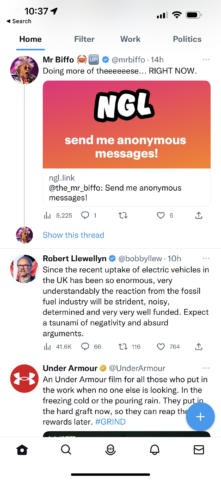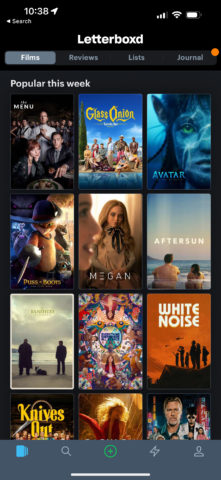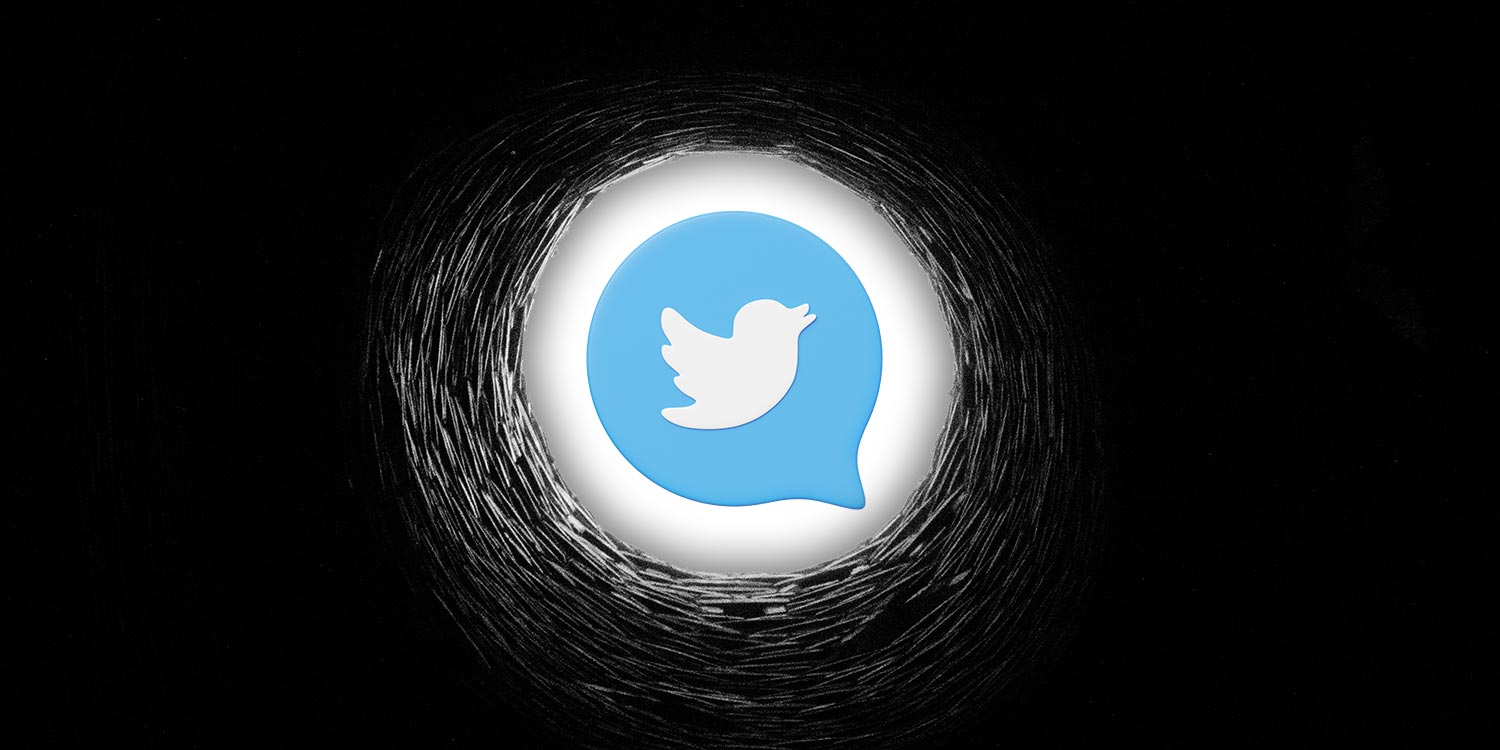From chatting with like-minded people to getting news fast, here are the apps to try
Whatever your thoughts on Twitter, there’s no denying its influence and importance on the world stage. It began as a throwaway service to share your status via a phone, but eventually morphed into the world’s water cooler. Twitter became a place where people gathered and news was broken, by way of messages limited to 140 (later, 280) characters, to enforce brevity. It allowed people to connect, companies to offer immediate and accessible customer support, careers to be built, and more.

Then Elon Musk arrived. His Twitter acquisition and leadership has been hugely controversial. Beyond his own divisive and contentious posts, increasingly foisted on millions of users, Musk has presided over the rapid dismantling of the service’s moderation and safety teams, and revoked bans on many toxic accounts. At the time of writing, he’s set to obliterate the site’s key USP, expanding the character count from 280 to 4000 per post.
Unsurprisingly, many people are turned off by the new Twitter. Some decided to quit Twitter entirely; others search for off ramps that allow them to retain the parts of Twitter they’d previously enjoyed. The snag is there’s no one-stop-shop to replicate Twitter – but there are services that give you something akin to its best bits. And even if you’re not – and never were – a Twitter user, they’re worth checking out.
Pick the best iPhone social media app(s) for you
There are three main considerations when selecting a social media service. First, trust. Be wary of newcomers, until it’s known how an app or service deals with data, moderation, security and similar issues. Secondly, there’s the social angle – networks without many people rarely offer value. Finally, decide what it is you want to get out of a network, and choose one (or more) accordingly.
Twitter offers a range of use cases, combined into a relatively simple interface. No rival service quite offers the same mix of immediacy, communities, reach, access and media. Therefore, you might find yourself having to spread the load between different networks to replicate what you enjoyed on Twitter.
This can be perceived as a negative, but there are positive angles as well. Services and apps geared towards something specific are more focused. They have communities that are more passionate and engaged. Moreover, one person cannot barge in and ruin several services at once – and in the case of distributed networks, it’s arguable a single bad actor can’t heavily adversely affect them at all.
The best Twitter alternatives for iPhone
One such distributed network is Mastodon, which on the surface looks a lot like Twitter. It’s geared towards short posts, and you build your own network by following whomever you choose.
Getting started is bumpy – you must choose a server, prior to setting up your account. And there are other features distinct from Twitter that might initially confuse: a lack of quote reposts; the convention to shield ‘trigger’ posts (for example, about politics) with content warnings; an emphasis on following hashtagged topics as much as individuals. But if your Twitter community already jumped ship to Mastodon, it’s familiar enough that you’ll quickly make the transition. And if you’re looking for a new social network, it’s a solid option.
If you’re keener on a closed rather than a public community, Facebook and WhatsApp are good bets. Both might be deeply unfashionable these days – and Facebook has raised eyebrows with its approach to data. But if you’re careful, you can keep your personal details private from the wider world. Both apps are great for messaging among an invited group of people, and sharing photos and audio clips within the group.
Social apps for specific fields
If your social media needs are more about following and digging into topics or activities, rather than people, moving away from Twitter is arguably a smart move. We’ve already mentioned Mastodon is geared towards following hashtags as much as individuals, but also consider Discord for invite-based servers covering a whole host of areas. More open equivalents include GoodReads for books and comics, Letterboxd for movies, and Reddit for any subject for which there’s a channel. (There’s a channel for almost everything. And if there isn’t, you can start your own.)

Should you veer more towards writing, Twitter isn’t ideal either – long ideas require chains of tweets that are tiresome to read. So look at hosting or starting your own blog, or head to Medium or Substack if you’d like to build a following without the hassle of setting anything up first.
Finally, for taking in long-form text from others, we recommend avoiding the arbitrary nature of algorithmic social network feeds altogether. Instead use NetNewsWire to subscribe to websites you enjoy. If you miss Twitter’s immediacy regarding breaking news, you can even subscribe to feeds directly in NetNewsWire, making it the best of both worlds.


